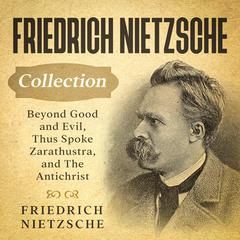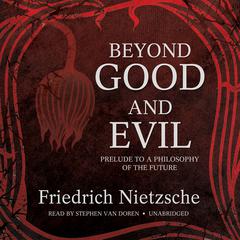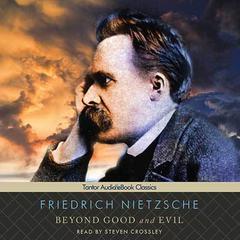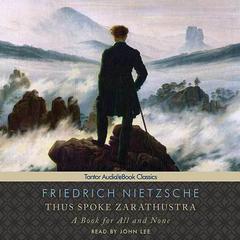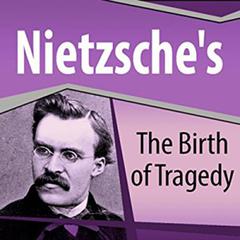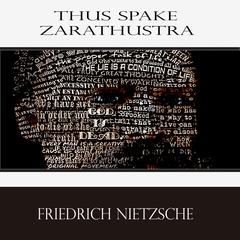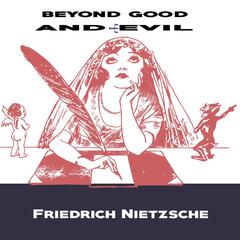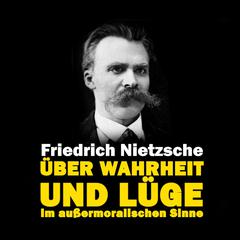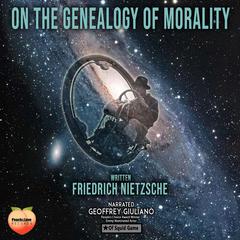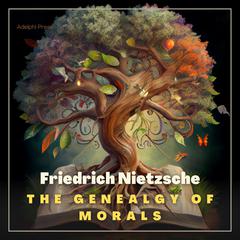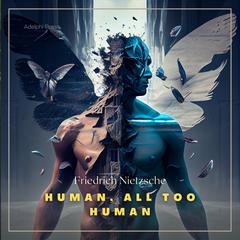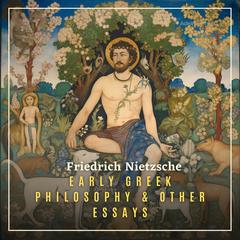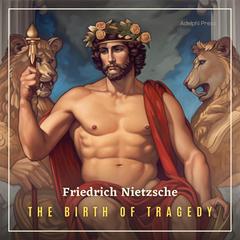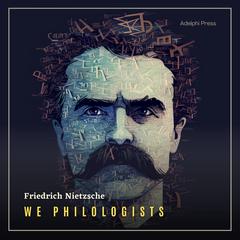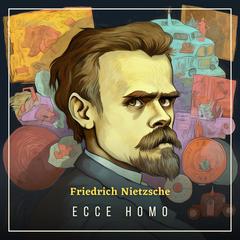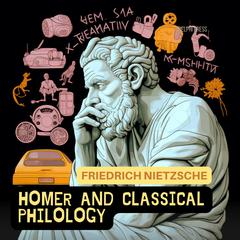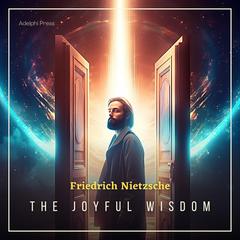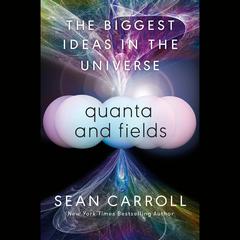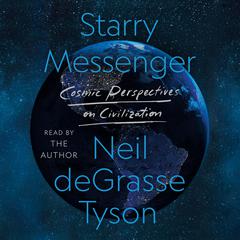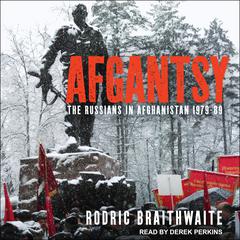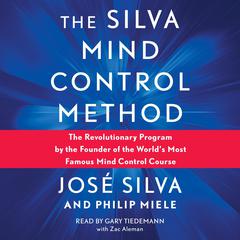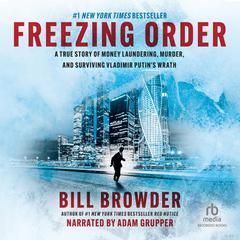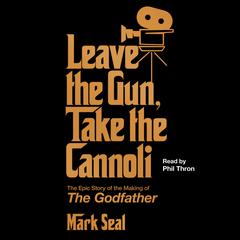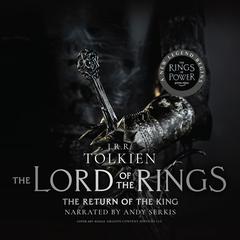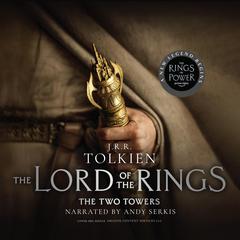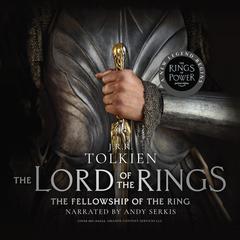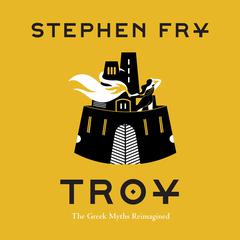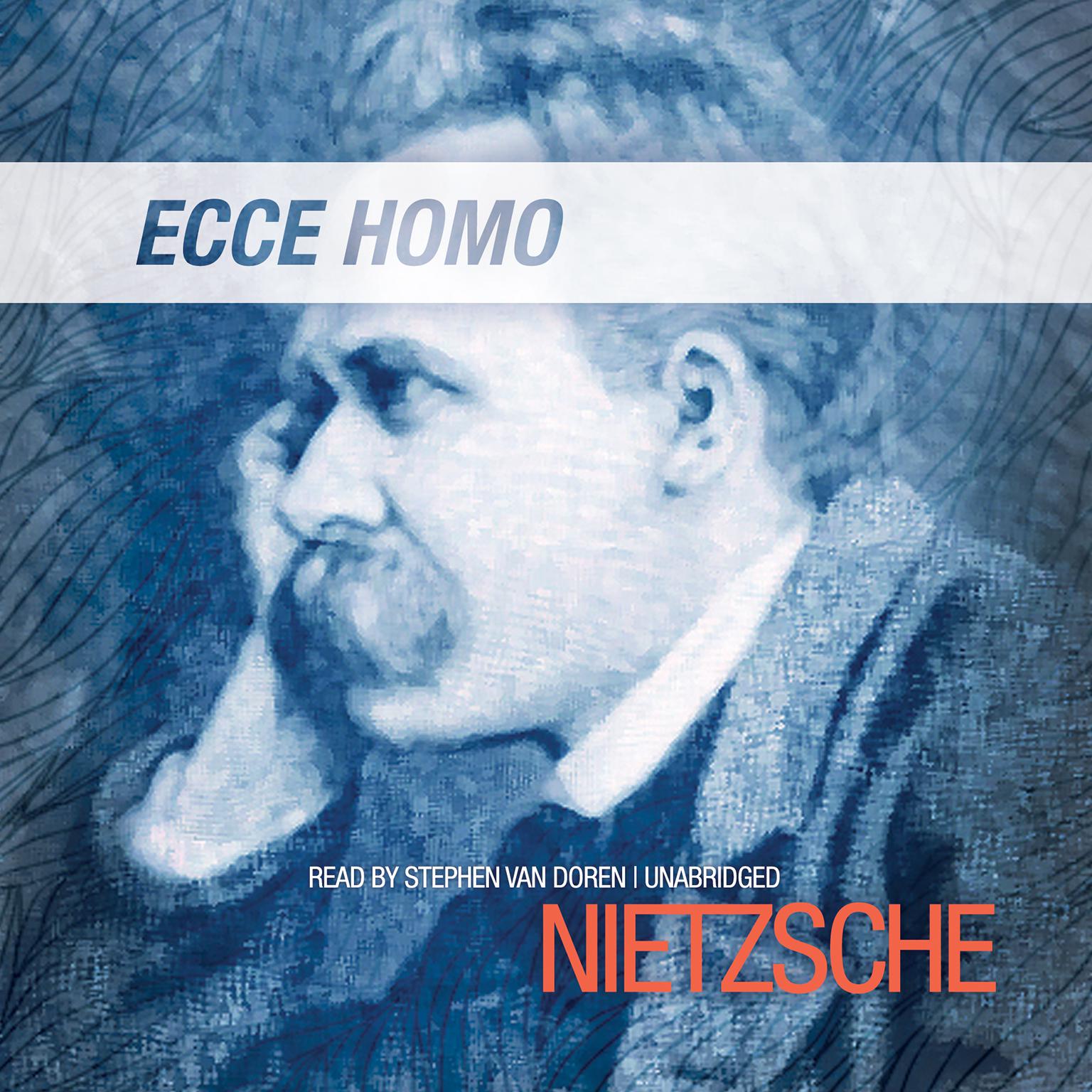 Play Audiobook Sample
Play Audiobook Sample
Ecce Homo Audiobook
 Play Audiobook Sample
Play Audiobook Sample
Quick Stats About this Audiobook
Total Audiobook Chapters:
Longest Chapter Length:
Shortest Chapter Length:
Average Chapter Length:
Audiobooks by this Author:
Publisher Description
Ecce Homo, which is Latin for “behold the man,” is an autobiography like no other. Deliberately provocative, Nietzsche subverts the conventions of the genre and pushes his philosophical positions to combative extremes, constructing a genius-hero whose life is a chronicle of incessant self-overcoming. Written in 1888, a few weeks before his descent into madness, the book passes under review all of Nietzsche’s previous works so that we, his “posthumous” readers, can finally understand him on his own terms. He reaches final reckonings with his many enemies, including Richard Wagner, German nationalism, “modern men” in general, and above all, Christianity, proclaiming himself the Antichrist. Ecce Homo is the summation of an extraordinary philosophical career, a last great testament to Nietzsche’s will.
A main purpose of the book was to offer Nietzsche’s own perspective on his work as a philosopher and human being. Ecce Homo also forcefully repudiates those interpretations of his previous works purporting to find support there for imperialism, anti-Semitism, militarism, and social Darwinism. Nietzsche strives to present a new image of the philosopher and of himself as a philosopher. He expounds upon his life as a child, his tastes as an individual, and his vision for humanity.
According to one of Nietzsche’s most prominent English translators, Walter Kaufmann, this book offers “Nietzsche’s own interpretation of his development, his works, and his significance.” Within this work, Nietzsche is self-consciously striving to present a new image of the philosopher and of himself. On these grounds, some consider Ecce Homo a literary work comparable in its artistry to Van Gogh’s paintings.
Download and start listening now!
"This is probably one of Nietzsche's best books. Written at his most powerful and most confident, Ecce Homo is something of a survey of a life. Oh, he died young - but he flew high! . . ."
— John (5 out of 5 stars)
Quotes
-
“[A] fateful intellectual biography.”
— Stanford Encyclopedia of Philosophy -
“Nietzsche had an unusual capacity for bringing his life and work clearly before the eyes of others. Ecce Homo is the final testimony to his gift of his, the last link in a long chain of introspective development.”
— Richard Oehler, Nietzsche scholar -
“A fantastic piece of self-celebration…Nietzsche deliberately aggrandizes himself, not in order to impress us, but precisely so that we will not take his self-presentation so seriously. Through exaggeration and hyperbole…he offers us a self-portrait that calls itself into question at the same time that it focuses our attention.”
— Richard J. White, Nietzsche and the Problem of Sovereignty -
“Nietzsche presents himself not as a person, but as an explosive force fomented within the belly of European culture. Ecce Homo bears witness to Nietzsche’s destruction of himself that he might release a capacity to deconstruct (or revalue) all values.”
— Joanne Faulkner, Dead Letters to Nietzsche -
“Nietzsche’s somewhat narcissitic concern is his own enormous sense of potential and the grave responsibility it engenders. But it also becomes our concern, and…means taking our own potential—and our responsibility for that potential—seriously. And if Nietzsche sometimes describes all of this a bit pretentiously as a ‘destiny,’ then that underscores not only his fatalism but also his existential resolve.”
— Robert C. Solomon, Living with Nietzsche
Ecce Homo Listener Reviews
-
" With chapter titles like "Why I Am So Wise", "Why I Am So Clever", "Why I Write Such Good Books" and "Why I Am a Destiny", how can you not love this book? "
— Lance, 1/21/2014 -
" A concise summary, by way of a retrospective self-bi(bli)ography, of an important thinker's entire body of work, but unfortunately it is shoddily and poorly written and the entire thing feels rushed, like something written on a coffee napkin in a couple of hours. It was written on the verge of madness, and it feels, appropriately enough, to be in dire need of re-editing that it never received. Shortly after finishing this work, Nietzsche fell victim to his insanity and stopped writing altogether. Nonetheless, it is a joy to read, as irreverent as ever, and hilariously self-effacing in the the most self-important way imaginable. "
— Otto, 1/18/2014 -
" best and fucking awesome introduction to FN's mind! "
— Petri, 1/17/2014 -
" As recommended by Degan. Containing the eye-popping chapter "Why I Am So Wise", and being the root source of the line "What does not kill, makes me stronger". "
— PMP, 1/17/2014 -
" de man is compleet gestoord als hij dit schrijft, nergens een argument enkel grootheidswaanzin, desalnietemin, zeer originele scherpe ideeen op een pakkende manier verwoord, wel de moeite van het lezen waard; 0 "
— Jelle, 12/21/2013 -
" Really seems like if it wasn't by Nietzsche, no one would have published this... "
— Julian, 10/31/2013 -
" A giant near the cliff. "
— Matthew, 9/1/2013 -
" dynamite! "
— Aral, 5/9/2013 -
" my favourite of Nietzche' works "
— Alan, 11/5/2011 -
" Nietzsche needed a hug. "
— Tony, 11/1/2011 -
" again not the translation I own but a great book. I've just got to learn German one of these days "
— Gabriel, 7/18/2011 -
" Humility balanced with humor. What a self-critique ought to be. Moreover, this is a manual for life. "
— Matthew, 4/10/2011 -
" It's so stunning to know this philosopher's thoughts from his own words. Deep n intimate. "
— Mz, 11/23/2010 -
" A giant near the cliff. "
— Matthew, 9/1/2010 -
" best and fucking awesome introduction to FN's mind! "
— Petri, 2/25/2010 -
" the most important book for understanding nietzsche "
— Alireza.r, 1/17/2010 -
" coffee is bad for your thoughts. "
— Andreea, 1/13/2010 -
" This book shows how Nietzsche is mentally disturbed. It is true that in the midst of his delusions he can speak some truths, but the book is horrible. "
— Gustavo, 10/24/2009
About Friedrich Nietzsche
Friedrich Nietzsche (1844–1900) was a nineteenth-century German-born philosopher and classical philologist. He wrote critical texts on religion, morality, contemporary culture, philosophy, and science, using a distinctive German language style. In 1889 he exhibited symptoms of insanity and lived his remaining years in the care of his mother and sister. His ideas exercised a major influence on several prominent European philosophers, including Martin Heidegger, Albert Camus, and Jean-Paul Sartre.
About Stephen Van Doren
Stephen Van Doren is new to the narration side of audiobook production, having spent some years on the production side, and over a decade in the completely unrelated field of online software development. He lives in Denver and is working on completing his first novel.




